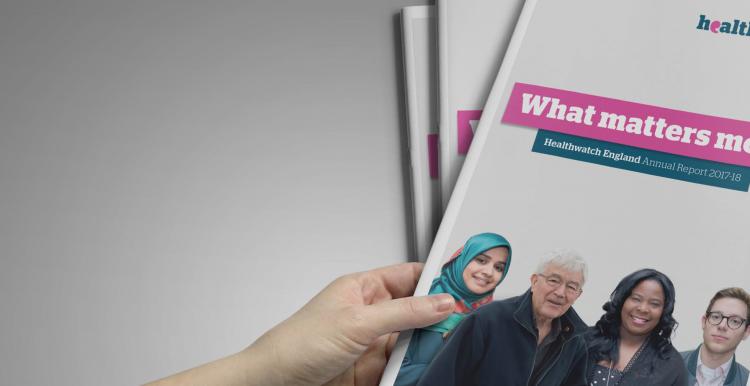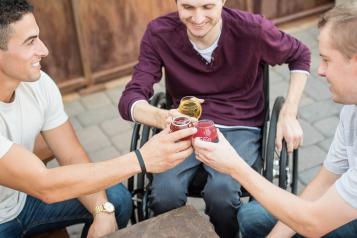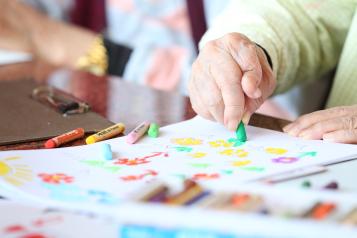Domestic Violence

Domestic violence or abuse can happen to anyone. Find out how to recognise the signs and where to get help.
Download a pocket-size printed card for victims and/or survivors of domestic abuse to discreetly keep in their wallet/cardholder, should they need to access support – here.
Domestic Violence & Abuse 2021-24 Strategy
Signs of domestic abuse, coercion and control
There are different kinds of abuse, but it’s always about having power and control over you.
If you answer yes to any of the following questions, you might be in an abusive relationship.
Emotional abuse
Does your partner ever:
- belittle you, or put you down?
- blame you for the abuse or arguments?
- deny that abuse is happening, or downplay it?
- isolate you from your family and friends?
- stop you going to college or work?
- make unreasonable demands for your attention?
- accuse you of flirting or having affairs?
- tell you what to wear, who to see, where to go, and what to think?
- control your money, or not give you enough to buy food or other essential things?
- monitor your social media profiles, share photos or videos of you without your consent or use GPS locators to know where you are?
Threats and intimidation
Does your partner ever:
- threaten to hurt or kill you?
- destroy things that belong to you?
- stand over you, invade your personal space?
- threaten to kill themselves or the children?
- read your emails, texts or letters?
- harass or follow you?
Physical abuse
The person abusing you may hurt you in a number of ways.
Does your partner ever:
- slap, hit or punch you?
- push or shove you?
- bite or kick you?
- burn you?
- choke you or hold you down?
- throw things?
Sexual abuse
Sexual abuse can happen to anyone.
Does your partner ever:
- touch you in a way you do not want to be touched?
- make unwanted sexual demands?
- hurt you during sex?
- pressure you to have unsafe sex – for example, not using a condom?
- pressure you to have sex?
If your partner has sex with you when you do not want to, this is rape.
Have you ever felt afraid of your partner?
Have you ever changed your behaviour because you’re afraid of what your partner might do?
If you think you may be in an abusive relationship, there are lots of people who can help you.
1 in 3 cases of domestic violence and abuse against women starts during pregnancy. If the relationship is already abusive, it can get worse.
Find out more about domestic abuse in pregnancy.
Helping a friend if they’re being abused
If you’re worried a friend is being abused, let them know you’ve noticed something is wrong.
They might not be ready to talk, but try to find quiet times when they can talk if they choose to.
If someone confides in you that they’re suffering domestic abuse:
- listen, and take care not to blame them
- acknowledge it takes strength to talk to someone about experiencing abuse
- give them time to talk, but do not push them to talk if they do not want to
- acknowledge they’re in a frightening and difficult situation
- tell them nobody deserves to be threatened or beaten, despite what the abuser has said
- support them as a friend, encourage them to express their feelings, and allow them to make their own decisions
- do not tell them to leave the relationship if they’re not ready – that’s their decision
- ask if they have suffered physical harm and if they have, offer to go with them to a hospital or GP
- help them report the assault to the police if they choose to
- be ready to provide information about organisations that offer help for people experiencing domestic abuse
Worried about someone?
Concerns about the risk of domestic violence increasing for women, men and children under COVID-19 social distancing measures means that residents are encouraged to learn the signs to spot, so if something concerning is seen or heard, they know where they can report it.
In an emergency always call 999. If it is not an emergency, and you would prefer to remain anonymous, you can contact Crimestoppers online, or on the phone by calling 0800 555 111 with 100 per cent anonymity guaranteed.
Crimestopper’s guide on domestic violence and the signs to spot.
Here you can find out more information about domestic violence and where you can get advice and support.
Bromley and Croydon Women’s Aid
A number of services are commissioned from Bromley and Croydon Women’s Aid to support victims and survivors, and to challenge perpetrators to change their behaviour.
These include One-Stop-Shop support, outreach services, support groups, prevention services and refuges.
Advice and support
- National Domestic Violence Helpline 0808 2000 247
- One Stop Shop
- NHS Choices – Getting help for domestic violence
- Refuge – Domestic Violence Support
- London Victim and Witness Service 0808 168 9291
- Victim Support 0808 168 9111
- Help guide – Domestic Violence and Abuse
- ‘My Support Space’ from Victim Support
- Hollie Guard


